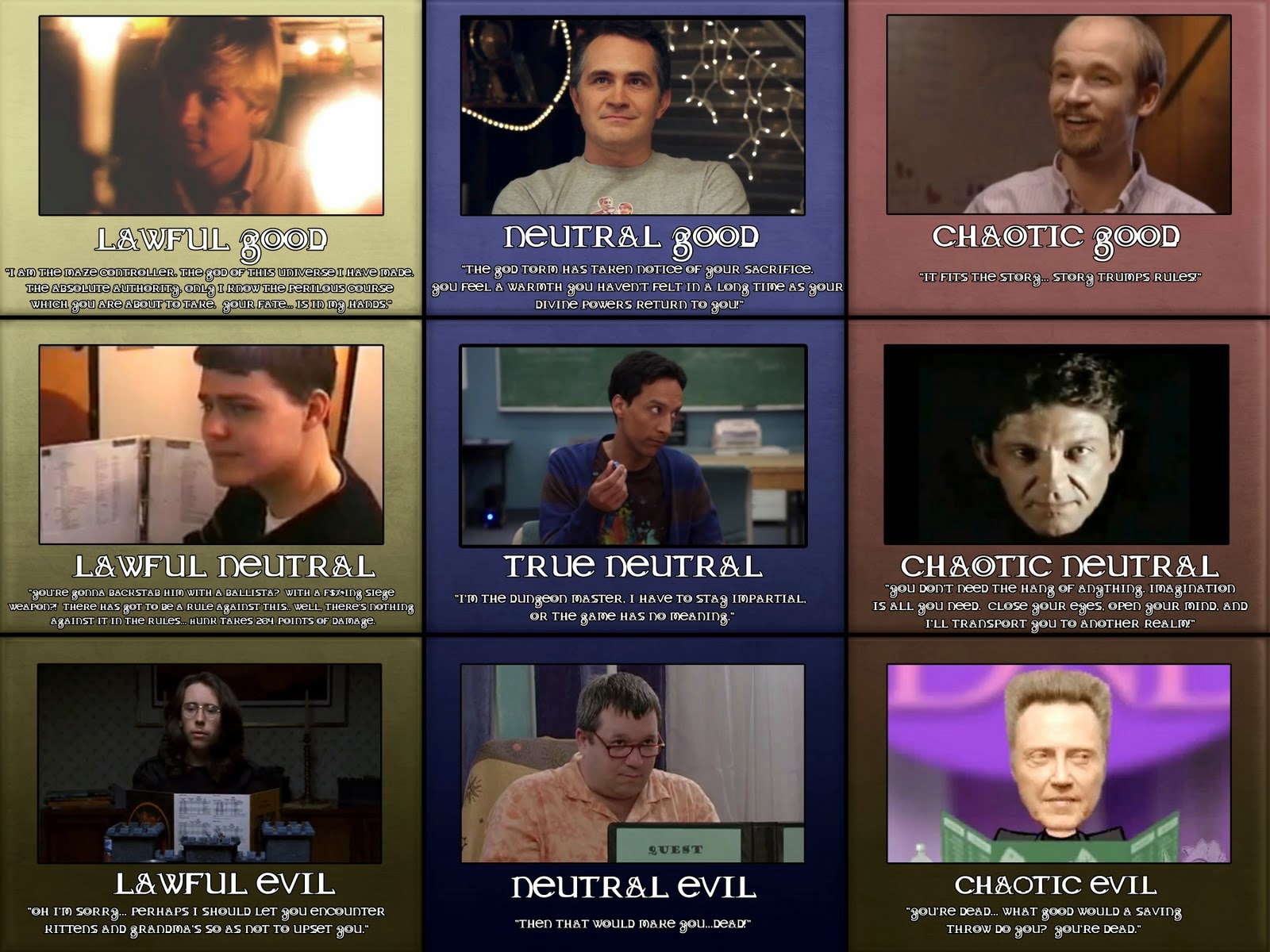Generally speaking ...
Base Combat Numbers
A Character's Base Attack = Intelligence Attack Modifier + Dexterity Attack Modifier + Class Attack BonusA Character's Base Defense = Wisdom Defense Modifier + Dexterity Defense Modifier + Armor Defense Adjustment + Shield Defense Adjustment
A Character's Base Initiative = Wisdom Initiative Modifier + Dexterity Initiative Modifier + Class Initiative Modifier
A Character's Base Damage = Strength Damage Modifier
Technically speaking here, the base attack, defense and initiative doesn't include class level or armor and shield adjustments, but I add them because they are commonly added in when in combat.
Weapon Proficiencies & Specialization
Now, there are other modifiers that may be included, most significantly weapon specialization. Each class has a cost for weapon proficiencies and specialization. Each character must pay in BPs for each weapon they have chosen to specialize in. Classes may give you automatic proficiencies, i.e. fighters and thieves are automatically proficient in all minimal skill weapons. Other must be paid for, albeit fighters can purchase weapon proficiencies at 1/2 listed cost.
Specialization cost, again, varies by class. There are specialization options for each weapon in Attack, Speed, Initiative, Defense and Damage. In other words you can be really good at hitting with the long sword, really quick with the long sword, getting the jump with the long sword, defending with the long sword, or causing the greatest amount of damage with the long sword. The getting good part equates in numbers to a +1 per purchase with your BPs. And this does not transfer to other weapons. Fighting with the long sword for instance is very different from the dagger, which is very different from the spear. Also, you must be +1 in each area before you can gain another plus and be +2 in any single area. Then you must be +2 in everything before you start to move to plus 3 in any area. This makes perfect sense as truly mastering a weapon requires knowledge in all aspects of it's use equally in order to excel even further in a given area. Also note that the highest level of mastery in any weapon is +5 in all areas.
Note: Ranged weapons are slightly different, as they don't require all areas for use. For instance bows only have mastery for Attack and Speed.
Attacking and Defending
The basic outline of HackMaster Combat is:
- Determine Distance & Surprise.
- Determine Starting Initiative.
- The GM will call for initiative and let everyone know what die to roll--the default is a d12.
- Add base initiative to your roll to determine your starting second in combat.
- The GM will start the count up on second 1.
- Combatants are essentially caught flatfooted until their starting initiative.
- Once your starting initiative second comes up you can begin to close to combat.
- When you close for combat, the person with the longer reach (based on race and weapon type) attacks first.
- The attacker rolls a d20p.
- Add base attack modifier.
- The defender rolls a d20p - (minus) 4.
- Add base defense modifier.
- If the defender has a shield he can roll a d20p.
- If the attacker beats the defender's roll he hit.
- If it's a tie the defender wins.
- The defender may then attack the next second;
- Unless they were still in surprise in which case it takes 2 seconds.
- Both characters then add weapon speed to determine the next second in which they can attack.
- If there is a successful hit you take damage.
- Roll damage and add base damage modifier.
- The defender deducts damage based on the armor's damage reduction modifier.
- If the character had a shield:
- If the attacker misses by more than ten it is a complete miss
- If the attacker misses within 10 it hits the shield
- Roll damage and divide by two, add full modifiers
- Apply damage to the shield
- If damage exceeds a defender's Threshold of Pain (30% of HP + 1% / Level or 2% / Level for fighters) a trauma check is triggered.
- Trauma checks are a save at 1/2 your Constitution or lower.
- If you fail by rolling greater than 1/2 your Con you are down writhing in pain for 5 seconds times the difference between your roll and what you needed.
- If you roll a natural 20 you are unconscious for 5d6p minutes!

.PNG)























